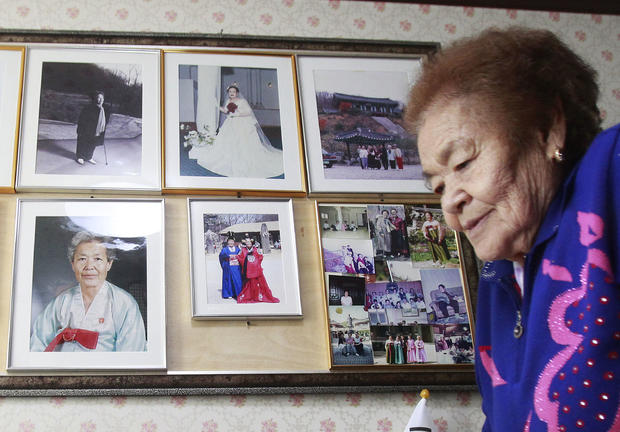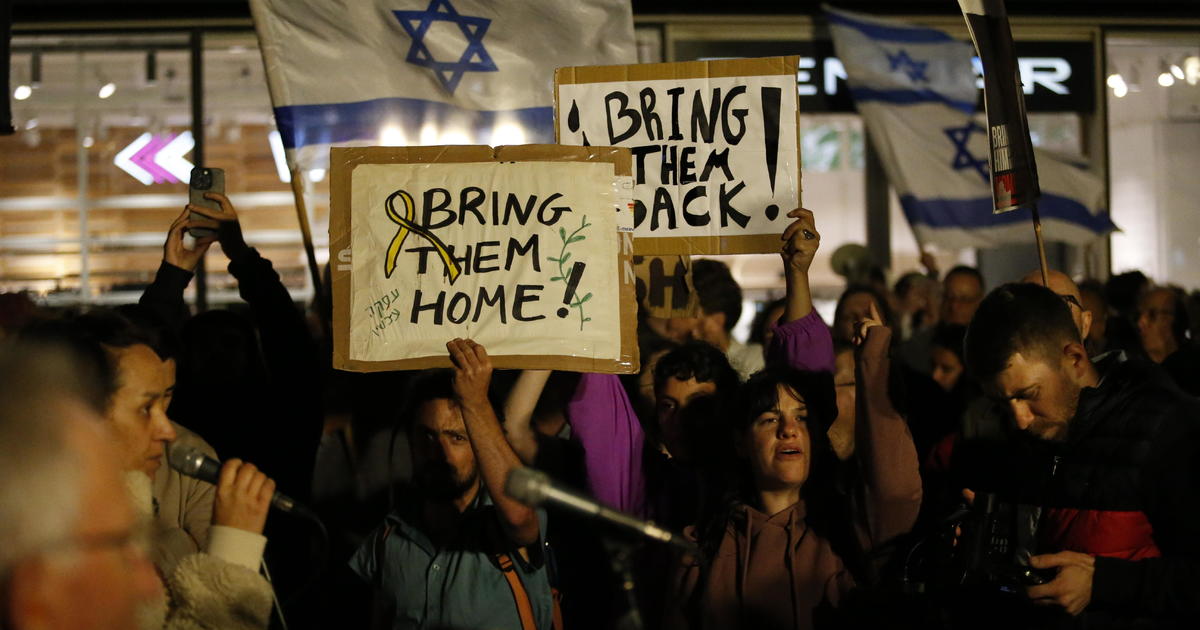Monk burns to death protesting deal on WWII sex slaves
SEOUL, South Korea -- A South Korean Buddhist monk has died days after he set himself on fire to protest the country’s deal with Japan on former Korean sex slaves, a Seoul hospital said Tuesday.
The monk, 64, set himself ablaze Saturday during rallies against impeached President Park Geun-hye. In his notebook found at the scene, he criticized Park’s 2015 agreement to settle an impasse over Korean women forced to be sex slaves for Japanese troops during World War II in return for an apology from Japan’s prime minister and a pledge of millions of dollars.
The monk was pronounced dead Monday night of multiple organ failures caused by his burns, according to the Seoul National University Hospital.
Disputes over sex slaves are a legacy of Japan’s 1910-45 colonial occupation of the Korean Peninsula. Many in both North and South Korea, divided at the end of the Japanese rule, still harbor bitter resentment against the Japanese period.
Park’s Japan deal prompted criticism because it was announced without approval from surviving former sex slaves, who were known by the Japanese as “comfort women” during the war. Under the agreement that both countries described as “final and irreversible” at the time of its singing, Japan promised to fund a Seoul-based foundation aimed at supporting the victims.
South Korea, in return, said it would refrain from criticizing Japan over the issue and try to resolve a Japanese grievance over a bronze statue - representing the wartime sex slaves - that had been placed in front of its embassy in Seoul.
The future of the deal was thrown into doubt earlier this month after Japan said it would recall its ambassador to South Korea and suspend economic talks in response to the placing of another such statue in South Korea’s second-largest city of Busan. Seoul’s Foreign Ministry said the decision was “very regrettable.”
South Korea’s main opposition party has stepped up calls to scrap the 2015 deal since parliament impeached Park last month over a scandal involving her confidante. Prime Minister Hwang Kyo-ahn, who became government caretaker following Park’s impeachment, said Tuesday that Seoul, Tokyo and others involved in the issue must respect the deal’s spirits and try to work together to boost bilateral ties.
The Busan statute is the 55th of its kind across South Korea and all were funded by civilian money. There are at least 40 surviving former sex slaves in South Korea, according to a Seoul-based civic group that supports the women.




